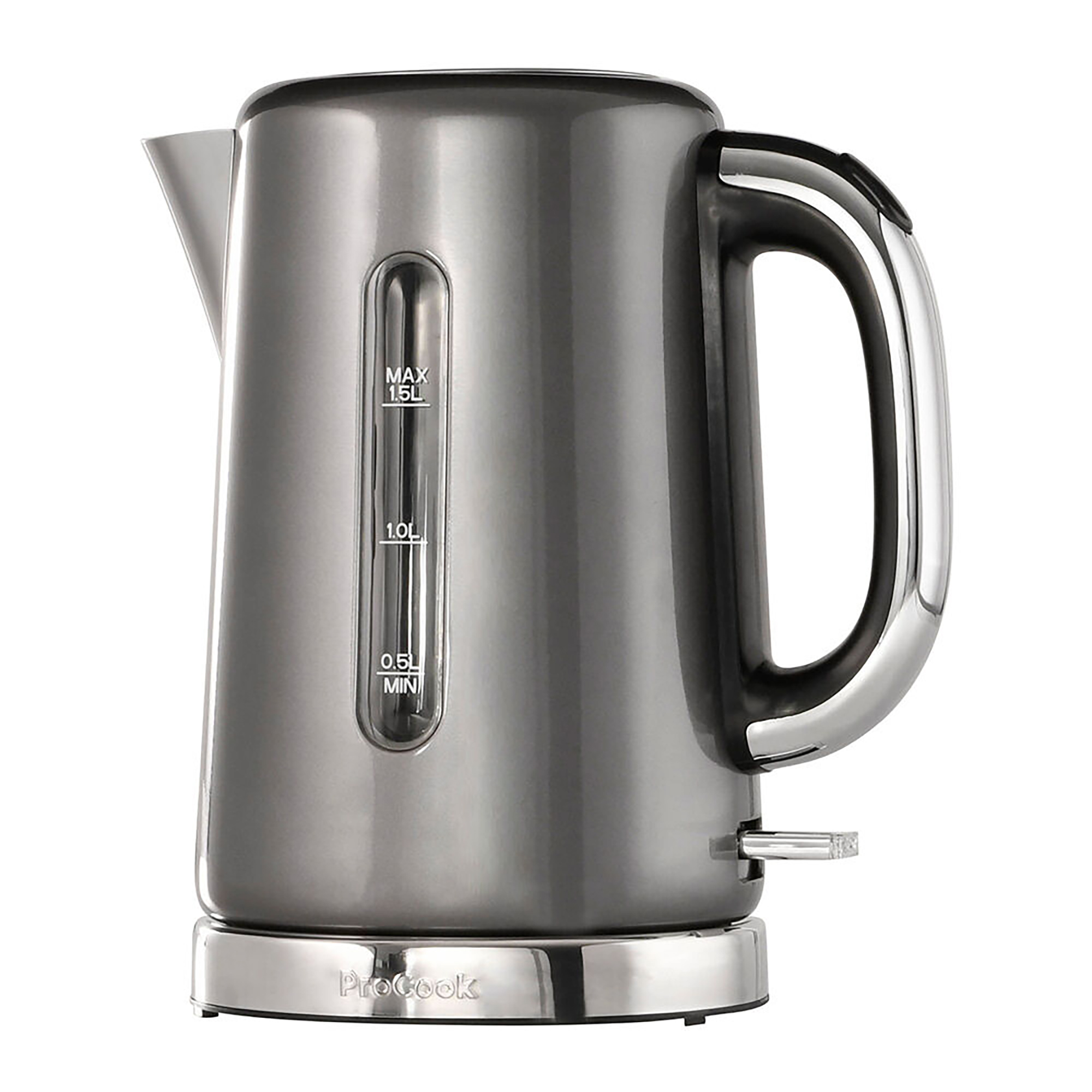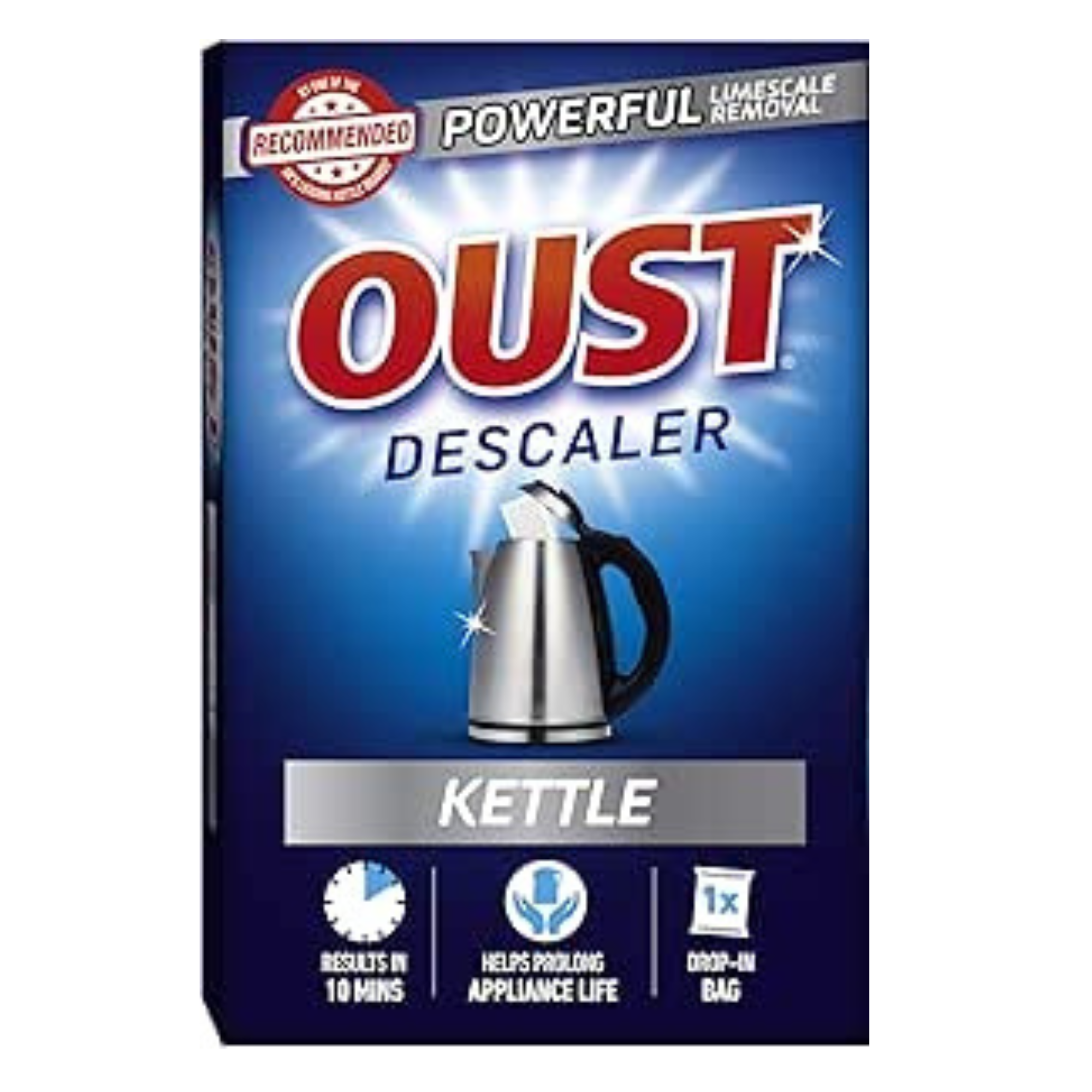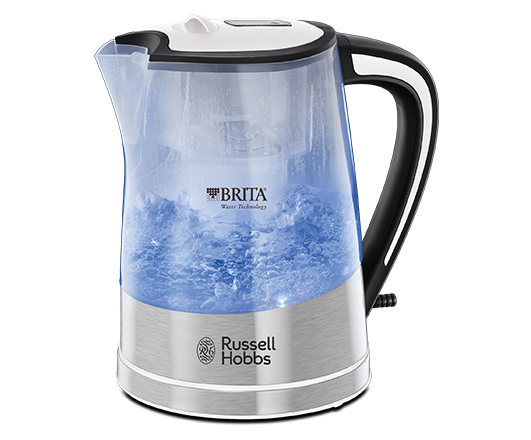How often should you descale a kettle? It is a lot more often than you might think, according to the experts
Get your kettle in tip top condition - your brews will thank you for it

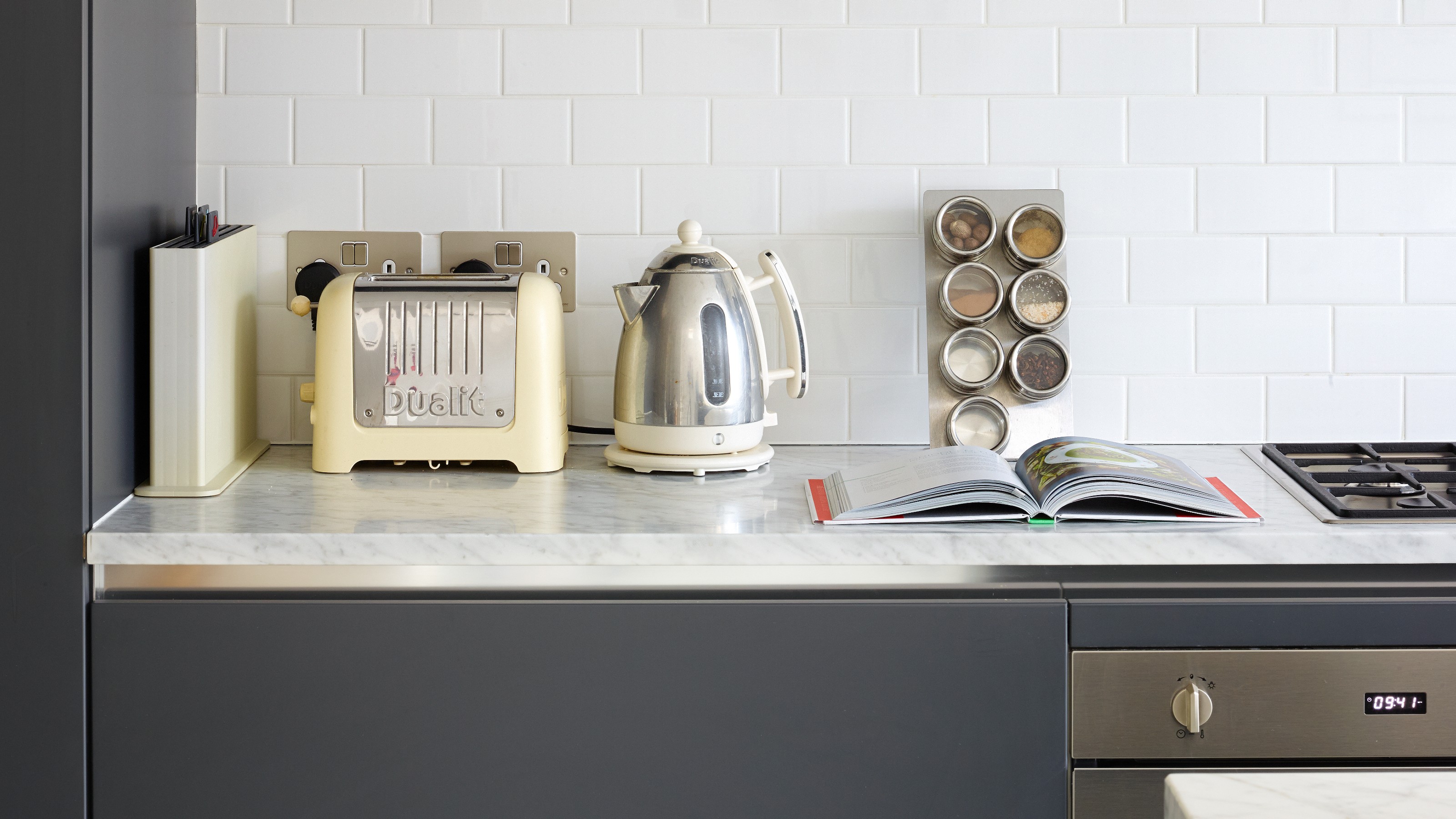
How often do you descale your kettle? It’s not a question I have really thought about, and if I’m being completely honest, sometimes it’s the presence of little limescale flakes in my brew that gives me the kick up the bum to give my kettle a good scrub.
There are plenty of tricks to descale your kettle without harsh chemicals.At Ideal Home, we particularly like how you can clean inside a kettle with lemon and vinegar. But exactly how often should we be doing this?
Unfortunately, there isn’t a magic kettle that is allergic to limescale - even the best kettles on the market require a good clean to banish limescale.
Honestly, descaling the kettle is a job that I frequently forget about - it doesn’t stick out like dusting or hoovering. But hearing what the experts have to say, I will be whipping out the lemon and vinegar a lot more - because you need to descale more frequently than you might think.
How often should you descale your kettle?
‘To keep your kettle in top condition, it is recommended to descale it every four to eight weeks, depending on the hardness of your water,’ says Olivia Young, Cleaning expert and Product Development Scientist at Astonish. ‘In regions with very hard water, more frequent descaling may be necessary.’
Areas of hard water such as the South East of the UK and London are more prone to limescale. If this is your address, we’re sure you're well-versed in getting rid of hard water stains. But it also means you need to descale your kettle even more frequently. It is better to descale your kettle closer to four weeks rather than eight.
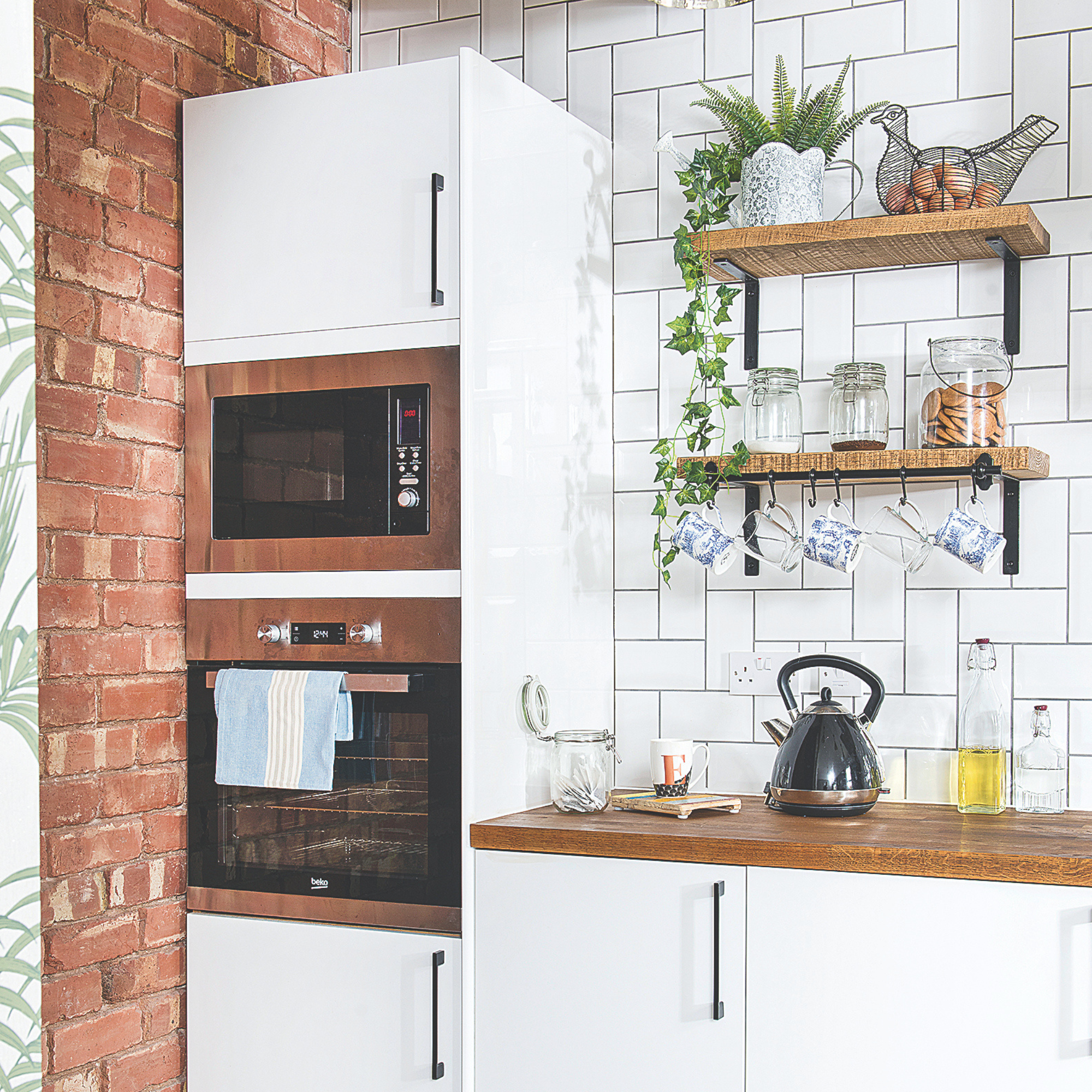
Why you should descale your kettle
Aside from a flakey brew, removing limescale build up can actually help the efficiency of your kettle.
Sign up to our newsletter for style inspiration, real homes, project and garden advice and shopping know-how
‘Descaling your kettle is an important task as this helps to maintain its efficiency,’ says Joshua Warren, small appliances expert at AO.com.
‘When limescale builds up, this can reduce your kettle's heating efficiency which impacts how long it takes to boil water and uses more energy per boil.’
While it’s good practice to clean your kettle monthly, it’s important to be vigilant when searching for signs of limescale.
‘When you next open the lid, keep your eyes peeled for any white or greyish deposits inside the kettle, especially around the heating element or at the bottom. Another sign to watch out for is when your kettle takes a long time to boil,’ says Joshua.
‘This could indicate there’s a limescale buildup that’s hindering your kettle’s performance. Similarly, if you hear unusual noises like excessive hissing or bubbling, limescale could be the cause.’
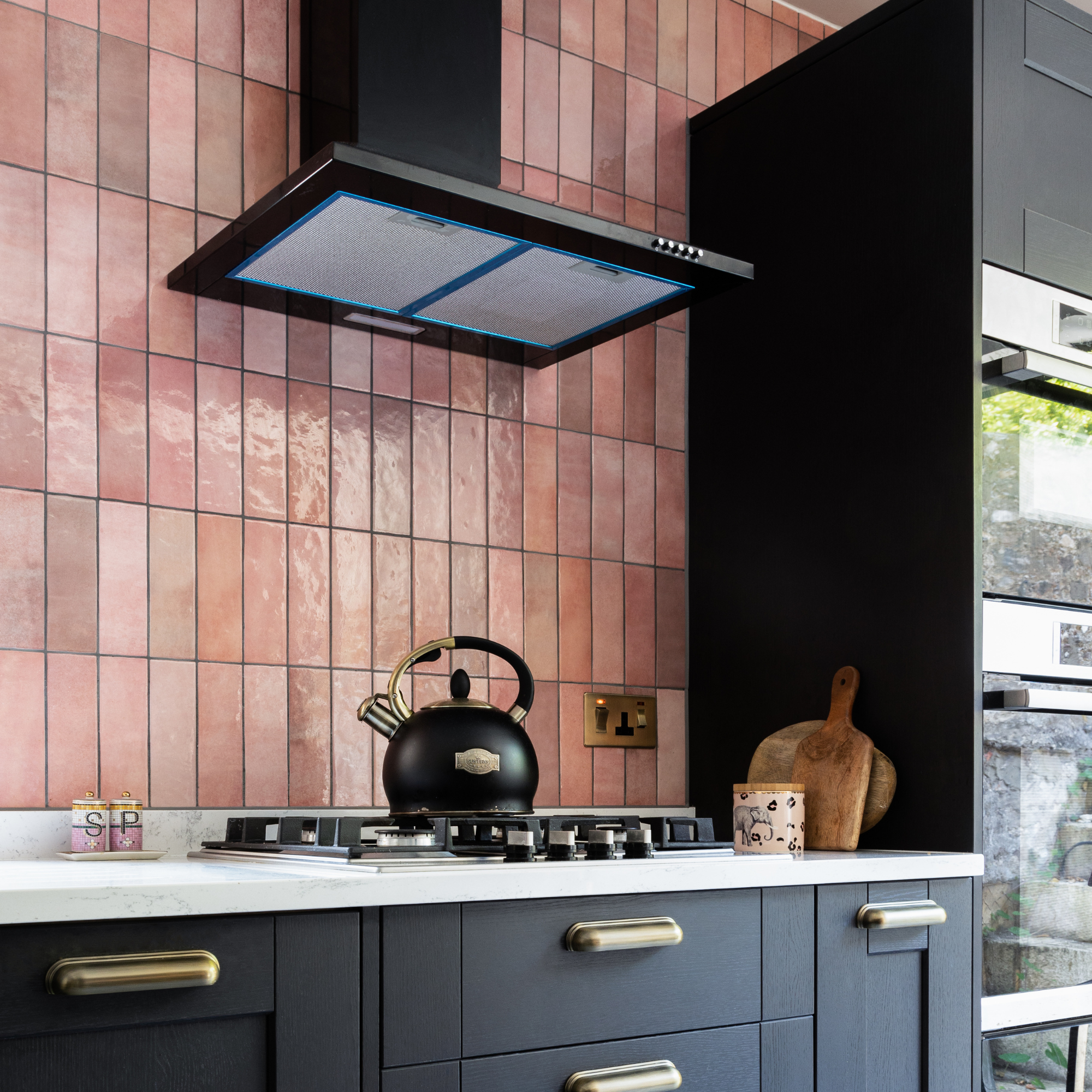
What should I use to descale it?
Olivia recommends following a few safety procedures when descaling your kettle. 'Always use a descaler specifically designed for kettles, that is effective at removing limescale without damaging the appliance,’ she says.
‘Ensure the kettle is unplugged and cooled down before starting the process.
‘Follow the instructions on the descaler’s packaging carefully and thoroughly rinse the kettle after descaling to remove any residual chemicals.’
Don’t put off this job any longer. If the energy-saving and better kettle lifespan hasn’t quite encouraged you, just think how much better your brews will taste…

Kezia Reynolds joined the Ideal Home team as News Writer in September 2024. After graduating from City, University of London in 2022 with a bachelor’s degree in journalism, Kezia kicked off her career spending two years working on women’s weekly magazines. She is always on the lookout for the latest home news, finding you the best deals and trends - so you don’t miss a thing!
